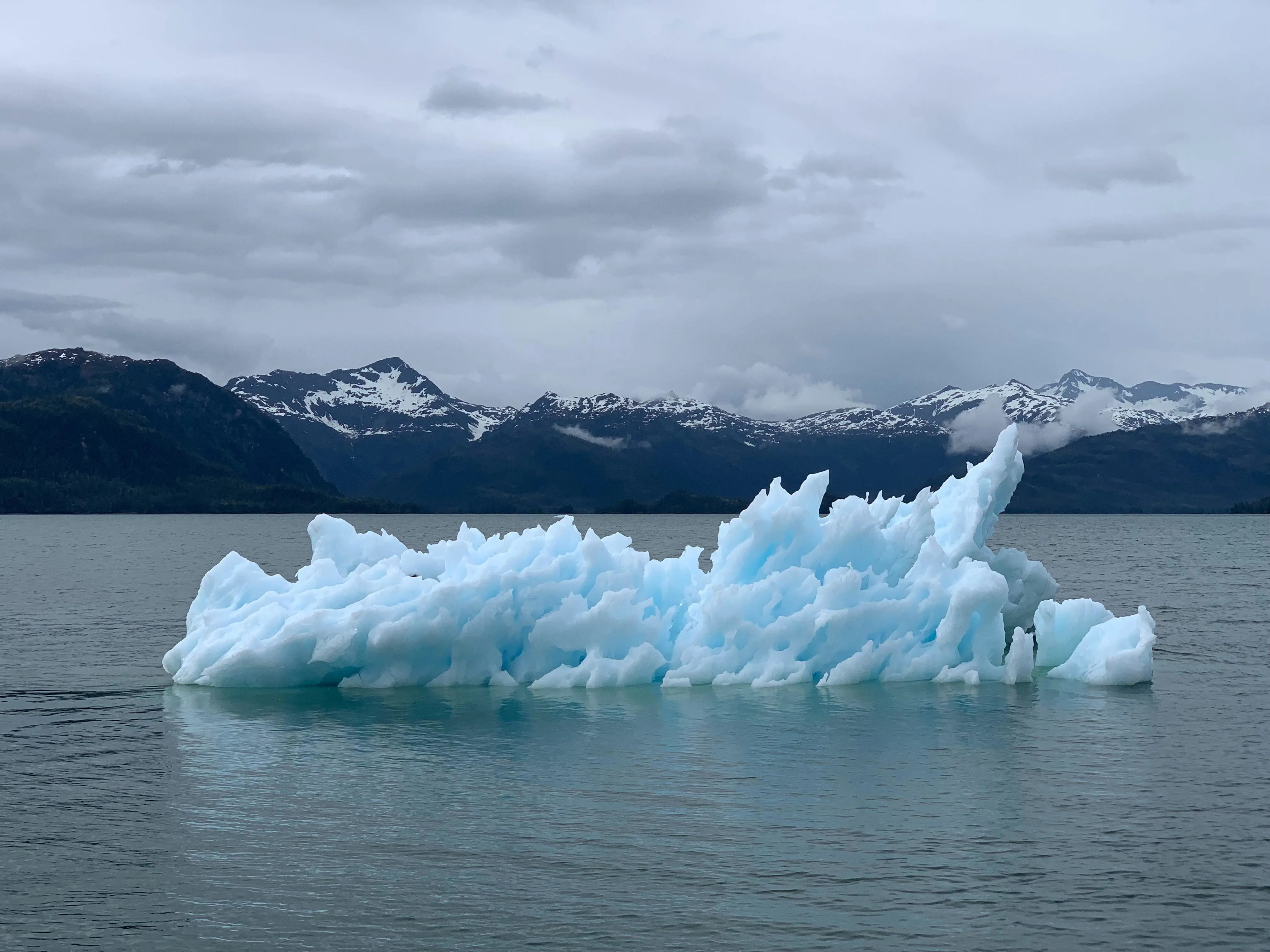Climate change is a hot topic – but it’s not a new thing.
Over millions of years, our planet has alternated between ice ages and warmer periods. These changes were caused by natural events, such as volcanic eruptions and shifts in the earth’s orbit.
After the last ice age, our climate became more stable, allowing us to travel around the globe, building cities and societies.
However, all this human activity has come at a cost. The Earth is heating up again, but this time it’s not a natural event. We’re responsible for it.
What is climate?
In brief, climate is the average daily weather of a region over a long period of time. It’s often confused with weather, which is the rain or sunshine that we experience every day.
Our planet has evolved a neat system to keep its climate just right for us. Imagine walking into a greenhouse. You’ll notice how warm it is, especially if it’s cool outside. That’s because sunlight is passing through the glass or plastic material and being converted into heat.
In a similar way, the sun warms up the Earth’s surface. The gases in the atmosphere act a bit like the glass in the greenhouse, trapping some of the heat. Without these gases, our world would be too cold for us to survive. This process is called ‘the greenhouse effect’.
What is climate change and how does it work?
Climate change means a shift in the average weather conditions.
But when we talk about ‘climate change’ nowadays, we’re not referring to the natural changes that take place over time. We’re talking about the manmade changes we’re inflicting on our planet right now, which are having disastrous consequences. There is plenty of scientific evidence to show that we’re causing these latest changes. Scientists have made all sorts of technological advances over recent decades which have helped them to collate a huge body of data.
We now know that human activities, such as burning fossil fuels and expanding livestock farming, are increasing the greenhouse gases in the atmosphere. Because these gases stop heat escaping from the Earth, this means our ‘greenhouse’ is getting warmer.
Three of the main greenhouse gases are:
· Carbon dioxide: the biggest contributor to climate change. It is released whenever fossil fuels are burned, so our use of coal, oil and gas has to be drastically reduced.
· Methane: although there are natural sources of methane in the atmosphere, most of it comes from human activities. The demand for beef and dairy is causing great damage to the climate because cows and other grazing animals produce a lot of methane. Other major sources include landfills and sewage treatment centres.
· Nitrous oxide: this comes from the bacteria in soil. Modern agricultural practices make a significant contribution to emissions.
Does climate change matter?
Yes, because it’s transforming our world – and not for the better. If we don’t change our behaviour, these are just some of the changes we will see:
· More extreme weather events, threatening human life
· Heatwaves, which will destroy crops and farms, reducing food supplies and increasing food prices
· Rising ocean temperatures, posing a threat to marine life and causing ocean levels to rise, meaning many people who live on the coast will have to leave their homes
· Vulnerable groups at risk, particularly the poor, the elderly and those living in areas of conflict
· Wildlife at risk, including extinction for some species
But what can we do about it?
It’s worth remembering that we successfully avoided another global catastrophe when countries came together to ban the gases that were creating a thinning in the ozone layer. This ozone layer acts like a shield, protecting us from most of the Sun's damaging ultraviolet. Once it was discovered that the CFC gases in aerosols, fridges and air conditioners were destroying our ozone layer, CFCs were banned.
Now, the ozone layer is showing signs of recovery. Millions of lives have been saved and countless cases of cancer avoided. Banning CFCs and other ozone-depleting chemicals has likely also delayed global warming. This success story should give us hope that we can achieve the same for climate change.
Governments around the world are working together to fight the climate emergency and there are plenty of charities and other organisations taking positive action. Businesses are also recognising their responsibility to go green. First Mile has lots of ideas to help you become a greener business, click here to view our recycling solutions.
As people become more aware of climate change, customers will be drawn to forward-thinking businesses that show a commitment to sustainability. Companies will need to keep up with their competitors, as well as new regulations such as the UK government’s net-zero emissions law.
First Mile can help you get one step ahead and become a more eco-friendly business today.



